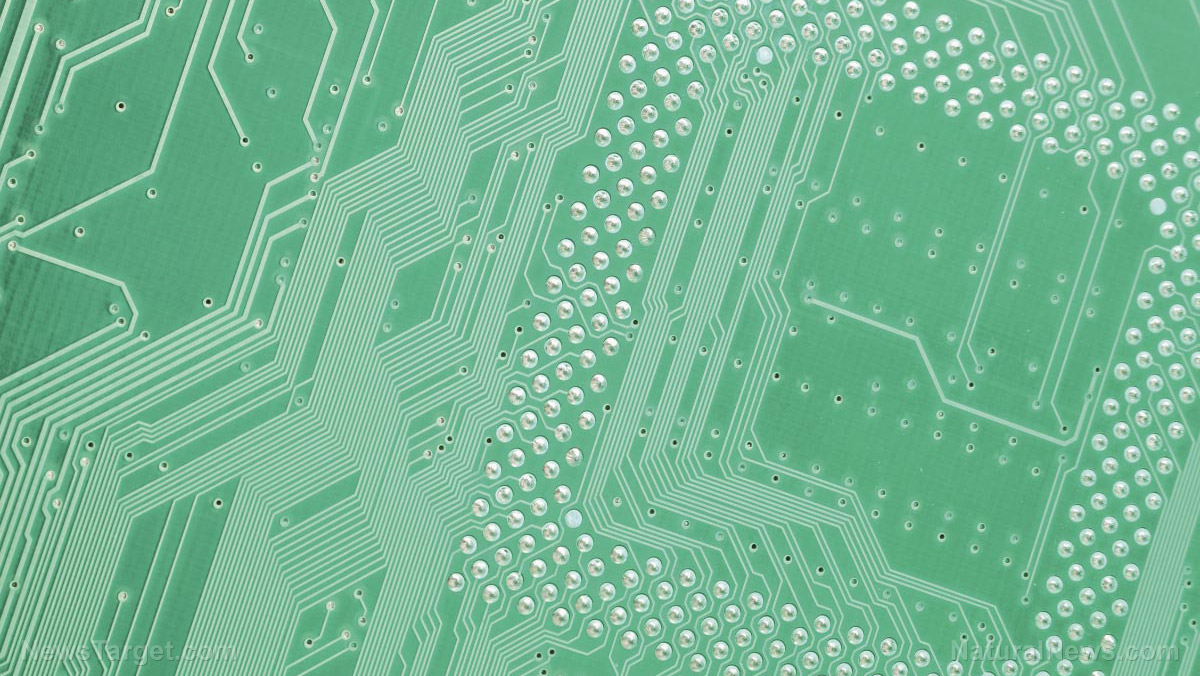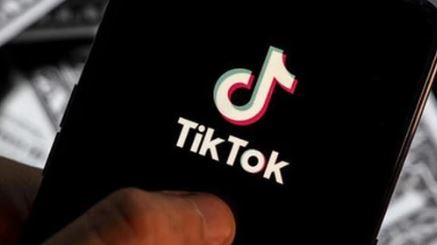Apple goes all in with support for Zionist occupation of Palestinian lands
06/20/2024 / By Belle Carter

More than 100 current and former employees of Apple called on the tech giant to stop matching employee donations to organizations that support illegal Israeli settlements in the occupied West Bank and others that support the Israel Defense Forces (IDF).
The open letter signed by 133 people is the latest form of discord from within the Big Tech company. It started with a campaign called Apples4Ceasefire, which has been insisting that Apple remove two organizations from its donation platforms that fund West Bank settlements.
The said donation-matching program allows workers to make contributions to various non-profit organizations and receive matching funds from the company through a platform called Benevity. Among the charities that employees are allowed to send funds to, that the company will match, are Friends of the IDF, which collects donations on behalf of Israeli occupation soldiers and several groups that contribute to the settlement enterprise in the West Bank, such as HaYovel, One Israel Fund, the Jewish National Fund and IsraelGives.
“We stand in solidarity with our colleagues in Apples4Ceasefire who have requested Apple remove two organizations funding illegal settlements from Benevity,” the letter said. “We are amplifying that message and asking that Apple must promptly investigate and cease matching donations to all organizations that further illegal settlements in occupied territories and support the IDF,” it added. The group stood firm that their demands needed to be honored as not acting right away only risked undermining trust in Apple’s commitment to safety, community, justice, and, most importantly, human rights.
“We add our voices to the Apples4Ceasefire open letter in expressing disappointment in Apple’s continued internal and public silence after more than half a year of escalated Israeli violence against Palestinians, which resulted in more than 33,000 of them killed in Gaza, in majority women and children. A silence that starkly contrasts with a prompt company-wide email Tim Cook sent sympathizing with the Israeli victims of October 7th,” the letter ended.
Meanwhile, this is not the first dissent from within the company. Back in April, nearly 300 current and former Apple employees published a letter alleging that several retail and corporate employees of the company were “wrongfully terminated” for expressing support for Palestinian people through pins, bracelets or keffiyeh, such as what happened to a Palestinian retail employee at Apple retail store in Lincoln Park Chicago. who was wearing pro-Palestinian clothing and accessories.
Moreover, Apple is not the only tech company where workers have demanded support for Palestinians since the latest Israel-Hamas conflict began. On March 4, more than 600 Google employees signed a petition demanding that the company withdraw its sponsorship funding for an Israeli tech conference in New York, with dozens of employees protesting outside the event. A Google Cloud software engineer interrupted a talk at the conference by Google’s managing director for Israel, calling for an end to Google’s work with the Israeli government under “Project Nimbus.” Employees have noted that Nimbus tools are capable of mass surveillance, but Google and the Israeli government never admitted that Nimbus is used for that purpose. The employee was forcibly removed from the event and then fired by Google the same week.
Apple claims Palestinian flag emoji suggested when “Jerusalem” is typed is a “bug,” following backlash from Israel “fans”
Apple was also involved in a controversy three months ago when iPhone users got a Palestinian flag whenever they typed in “Jerusalem.” Apple immediately said that it was a bug and they were working on a fix after they received a massive backlash from fans and supporters of Israel.
According to the tech firm, the predictive emoji was because of a software issue that had appeared on the latest update of its iOS operating system for some users and said it was not intentional.
British TV presenter Rachel Riley, a vocal and proud pro-Israel activist, posted on X that the update was a “form of antisemitism, which is itself a form of racism against Jewish people.” “Please explain whether this is an intentional act by your company or whether you have no control over rogue programmers,” she said, signing the post as “a Jewish woman concerned about the global rise in anti-Semitism.”
Dear @Apple @AppleSupport @tim_cook
I’ve just upgraded my software to version iOS 17.4.1, and now, when I type the capital of Israel ??, Jerusalem, I’m offered the Palestinian flag emoji. ?? This didn’t occur on my phone immediately before this update.
Below is a… pic.twitter.com/Cw9TDmE6VD
— Rachel Riley MBE ? (@RachelRileyRR) April 9, 2024
The United Nations and most members of the international community view Jerusalem as effectively two cities and consider East Jerusalem, including the Old City, as part of the West Bank, which is Palestinian territory occupied by Israel in defiance of international law.
This incident is not the first time a tech giant’s automatic features have inadvertently exacerbated tensions in the Israel-Palestinian conflict. Last year, Facebook’s parent company Meta issued an apology after Instagram’s auto-translation feature added “Palestinian terrorist” to the bios of some users, despite the words not being in their original descriptions. (Related: Elon Musk tours Auschwitz to DISTRACT THE WORLD while Israel bombs tens of thousands of Palestinians to death.)
Visit IsraelCollapse.com to read more stories on the ongoing conflict between Palestine and Israel.
Sources for this article include:
Submit a correction >>
Tagged Under:
Apple, Apples4Ceasefire, Arab, Benevity, biased, Big Tech, chaos, funding, Glitch, IDF, illegal settlements, Israel, Israel-Hamas war, Israel-Palestine war, Jerusalem, jewish, Palestine, resist, tech giants, technocrats, territory, UN, uprising, West Bank, WWIII, zionism
This article may contain statements that reflect the opinion of the author
RECENT NEWS & ARTICLES
COPYRIGHT © 2017 BigTech.news
All content posted on this site is protected under Free Speech. BigTech.news is not responsible for content written by contributing authors. The information on this site is provided for educational and entertainment purposes only. It is not intended as a substitute for professional advice of any kind. BigTech.news assumes no responsibility for the use or misuse of this material. All trademarks, registered trademarks and service marks mentioned on this site are the property of their respective owners.



















